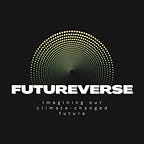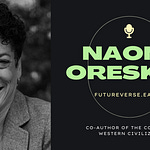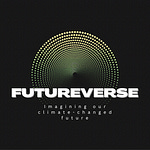In the latest episode of Futureverse, Molly Wood and Ramanan Raghavendran interview Kim Stanley Robinson, known for his visionary works that explore themes of ecology, politics, and human interaction with the environment.
In this episode, Robinson discusses the persistence of climate denial and skepticism, even after 30 years of scientific research and evidence, and emphasizes the importance of community in addressing climate change and finding solutions.
The full transcript is available by clicking above. This episode is also available on Apple Podcasts and Spotify.
Highlights
[00:00:52] Kim Stanley Robinson’s Origins and Inspirations
[00:10:52] The Decline of Climate Change Denial
[00:14:10] Exploring the Intersection of Climate Change and Storytelling
[00:17:45] Utopian Science Fiction Writers and Hope For the Future














